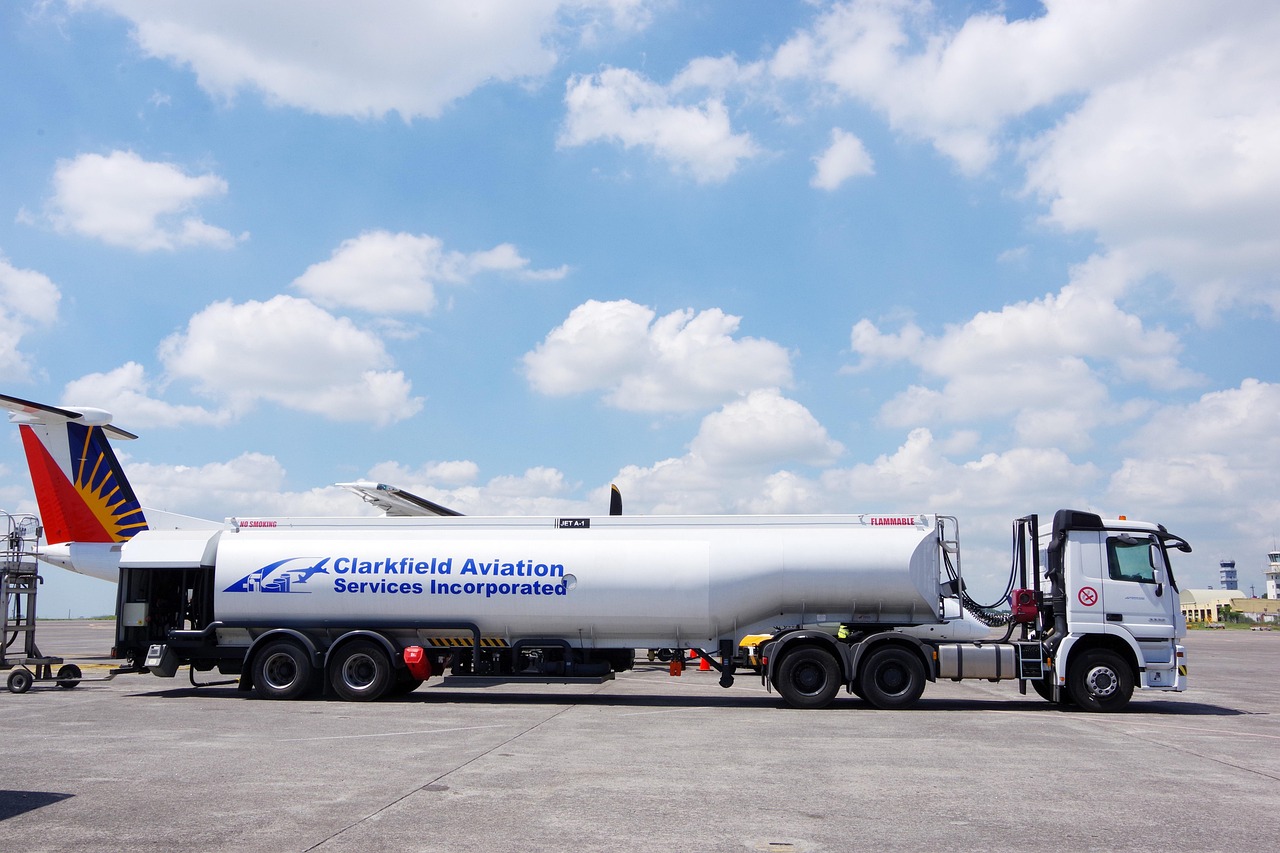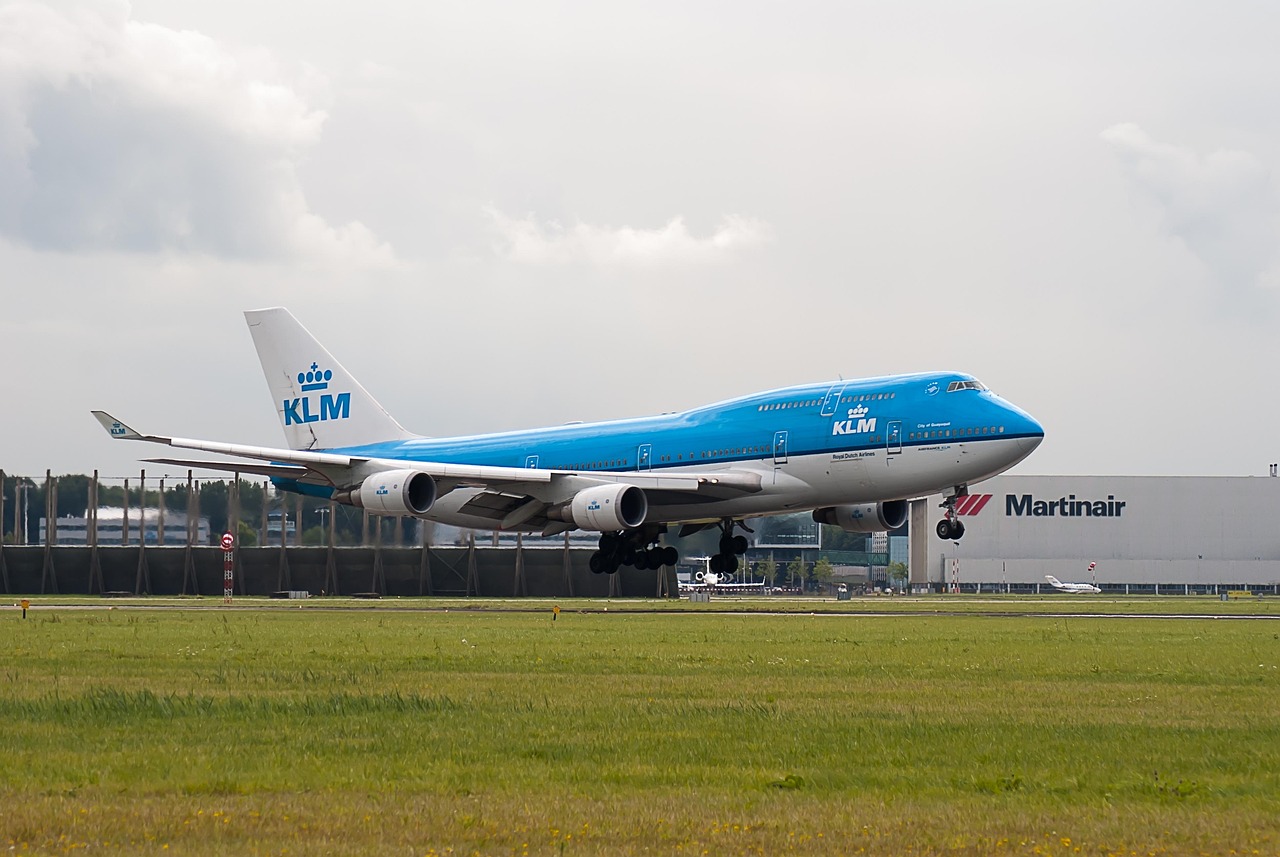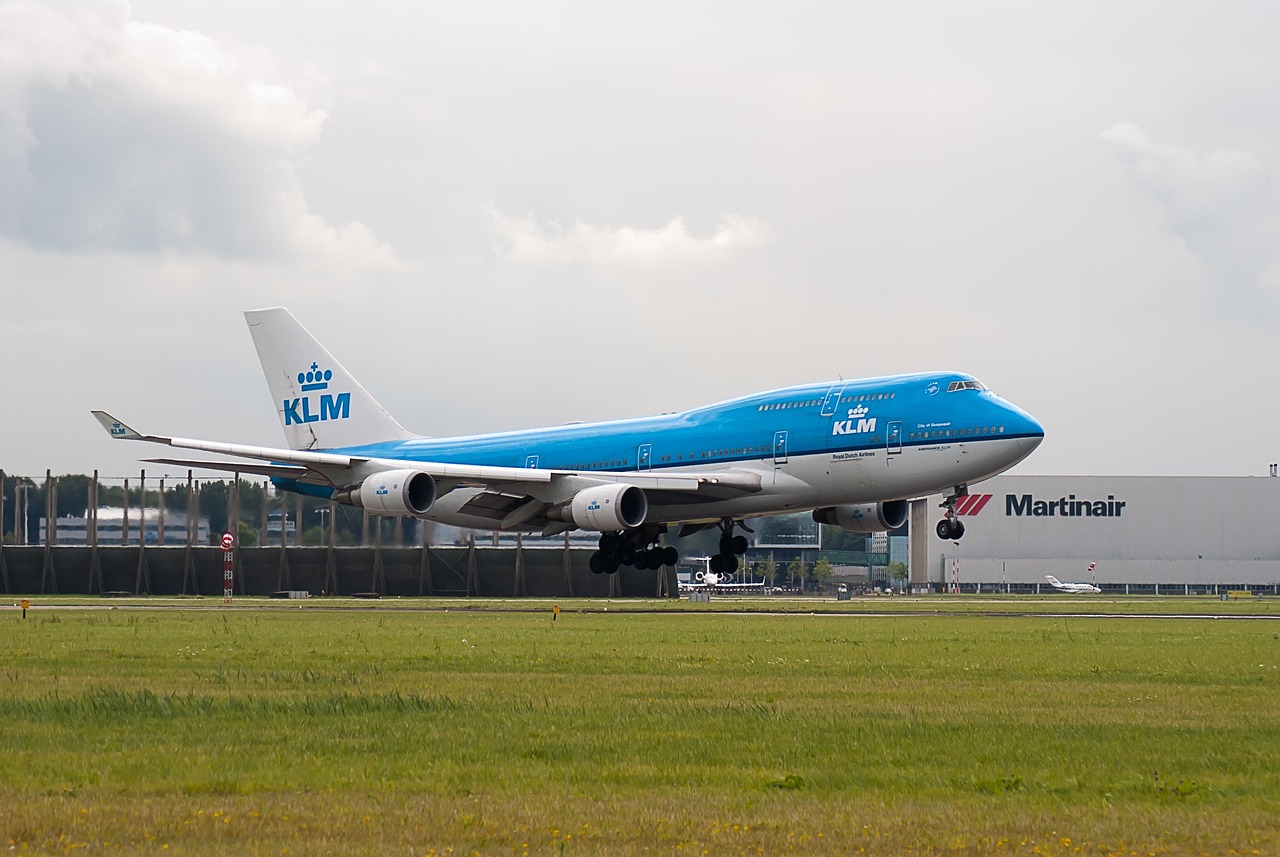
Underdog Passenger Challenges Major Airline
Lauren Stokowski’s experience with KLM Airlines reveals a critical failure in airline operational systems that adversely affected her travel and finances. After flying from Amsterdam to Cape Town, KLM reassigned her seat without proper system updates, causing repeated crew interruptions as attendants sought passport and ticket verification. This error escalated when KLM’s system marked her as a no-show on the outbound flight, automatically canceling her return ticket. Consequently, Stokowski was forced to pay $550 to board the return flight despite providing multiple proofs of travel, including a digital boarding pass, in-flight Wi-Fi purchase receipt, and a time-stamped photo onboard. KLM initially refused to refund the charge, highlighting systemic flaws in handling passenger data and customer service responsiveness.
System Errors Caused Seat Confusion and No Show Status
The root cause of the ordeal was a seat reassignment error on the outbound Amsterdam to Cape Town flight. KLM’s failure to update its records led to a mismatch between physical seating and digital manifests. This inconsistency forced flight attendants to repeatedly verify Stokowski’s identity mid-flight, impairing passenger experience and indicating a lapse in internal communication protocols. More critically, KLM’s system registered her as a no-show, triggering automatic cancellation of her return ticket—a standard industry practice but problematic given the inaccurate data. According to IATA guidelines, airlines are expected to maintain accurate passenger name records (PNRs) to avoid such occurrences, yet KLM’s system failure suggests gaps in compliance or technology integration.
Pre Ordered
Pre-Ordered Meal Service Failed to Meet Dietary Requirements. Adding to the negative experience, Stokowski’s pre-ordered vegan meal was unavailable, and she was instead served a meal containing meat and dairy. This is a common issue in airline catering logistics; a 2023 report by the International Air Transport Association found that 18 percent of special meal requests are not fulfilled as ordered, often due to supply chain constraints or catering errors. For passengers with strict dietary needs, such failures not only cause inconvenience but potential health risks. Stokowski’s case underscores the importance of airlines improving meal order tracking and contingency planning to meet diverse passenger requirements.
Customer Service Response Delayed and Ineffective
KLM’s initial refusal to acknowledge Stokowski’s proof of travel demonstrates weaknesses in its customer service and dispute resolution process. Despite evidence including digital boarding passes and on-flight documentation, KLM maintained the $550 charge was valid. This response contradicts best practices in consumer rights protection within the EU, where Regulation (EC) No 261/2004 mandates fair treatment of passengers in case of service failures. Eventually, after intervention by consumer advocate Christopher Elliott and escalation to the European Commission, KLM admitted the erroneous charge and agreed to reimburse Stokowski. This outcome, while positive, came only after significant delay and external pressure, reflecting poorly on KLM’s internal accountability mechanisms.
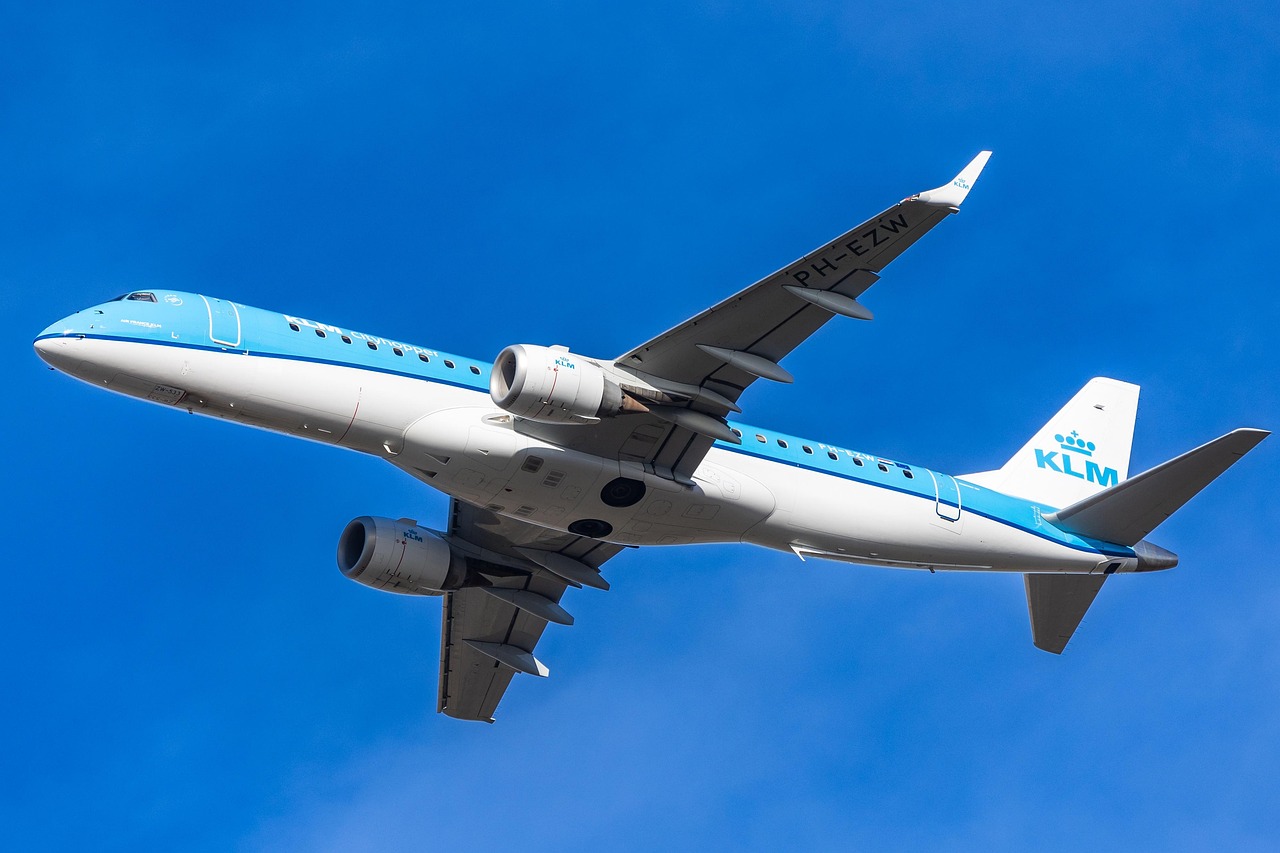
Strategic Lessons From The Case For Airlines and Passengers
This case study highlights the pros and cons of airline operational and customer service strategies. On the negative side, KLM’s technology glitches and procedural rigidity led to a costly and stressful experience for the passenger. The failure to synchronize seat assignments with digital records and inadequate meal fulfillment represent notable operational shortcomings. On the positive side, the airline ultimately acknowledged the error and provided reimbursement after advocacy intervention, indicating some capacity for corrective action. For passengers, this case reinforces the need to keep digital boarding passes, retain ancillary travel proofs such as baggage tags or receipts, and proactively contact airlines before return flights in case of anomalies. Bringing personal snacks for dietary needs is a pragmatic approach given the 18 percent failure rate in special meal service.
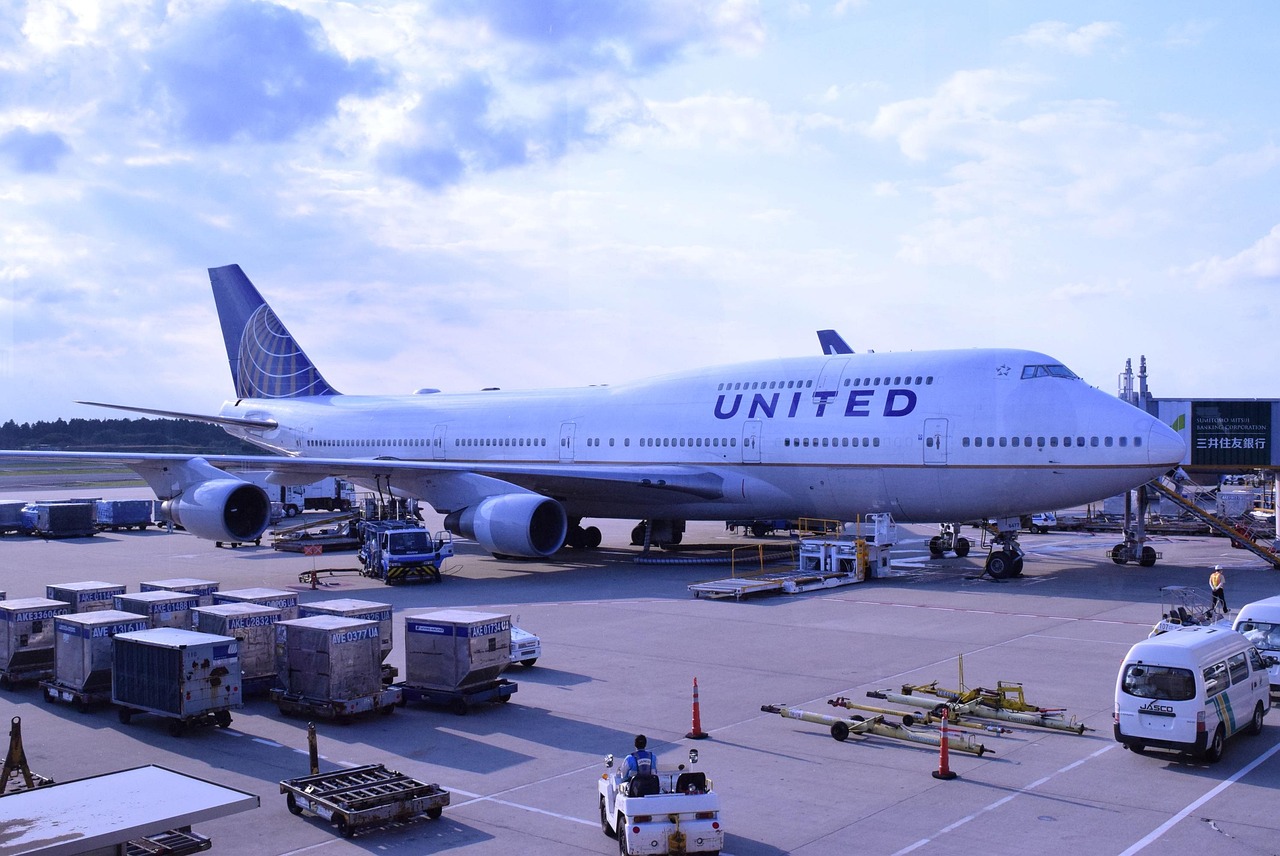
Data Driven Impact On Passenger Confidence And Costs
KLM’s error caused a direct financial loss of $550 to the passenger and intangible costs including stress and inconvenience. According to a 2024 consumer travel survey by J. D. Power, 27 percent of airline passengers reported dissatisfaction due to seat assignment errors and meal service failures, contributing to a 12 percent decline in repeat business for affected carriers. KLM’s handling of the situation illustrates how operational inefficiencies translate into negative customer experiences and potential revenue loss. Airlines globally face pressure to enhance system accuracy; for example, Delta Airlines reported a 7 percent reduction in seat assignment errors after implementing AI-powered passenger management systems in
2023. KLM’s case suggests opportunities for similar technological upgrades and improved customer service protocols to safeguard passenger trust and minimize costly disputes.
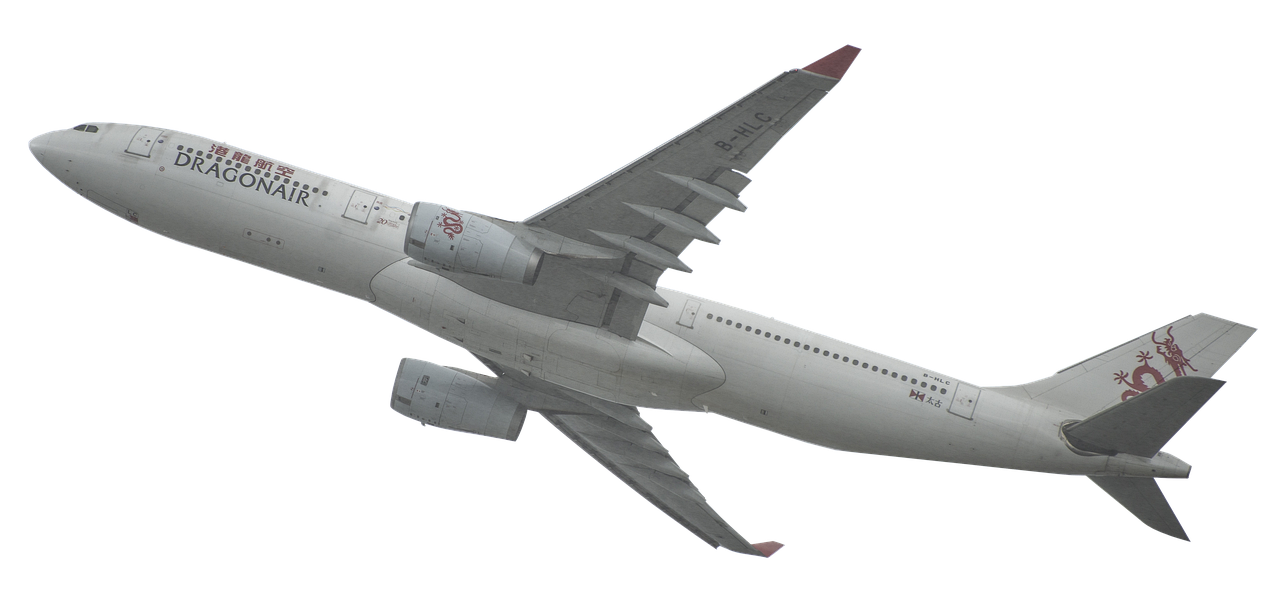
Final Thoughts
Conclusion Airlines Must Improve System Accuracy And Customer Service. Lauren Stokowski’s journey from being an underdog passenger caught in KLM’s system failure to ultimately securing reimbursement demonstrates critical lessons for the airline industry. The key takeaway is that data accuracy in seat assignments and ticketing is paramount to avoiding cascading issues such as wrongful no-show status and forced repurchase of tickets. Moreover, airlines must adopt proactive customer service strategies that acknowledge and resolve passenger disputes swiftly. While KLM’s final reimbursement decision was a positive resolution, the initial resistance and errors underline the ongoing need for airlines to invest in robust technology and customer advocacy channels. Passengers, for their part, should document travel details rigorously and engage early with airlines to mitigate risks. This case serves as a data-driven example of how strategic operational failures impact league standings in the competitive airline market, where customer satisfaction metrics increasingly determine success.
